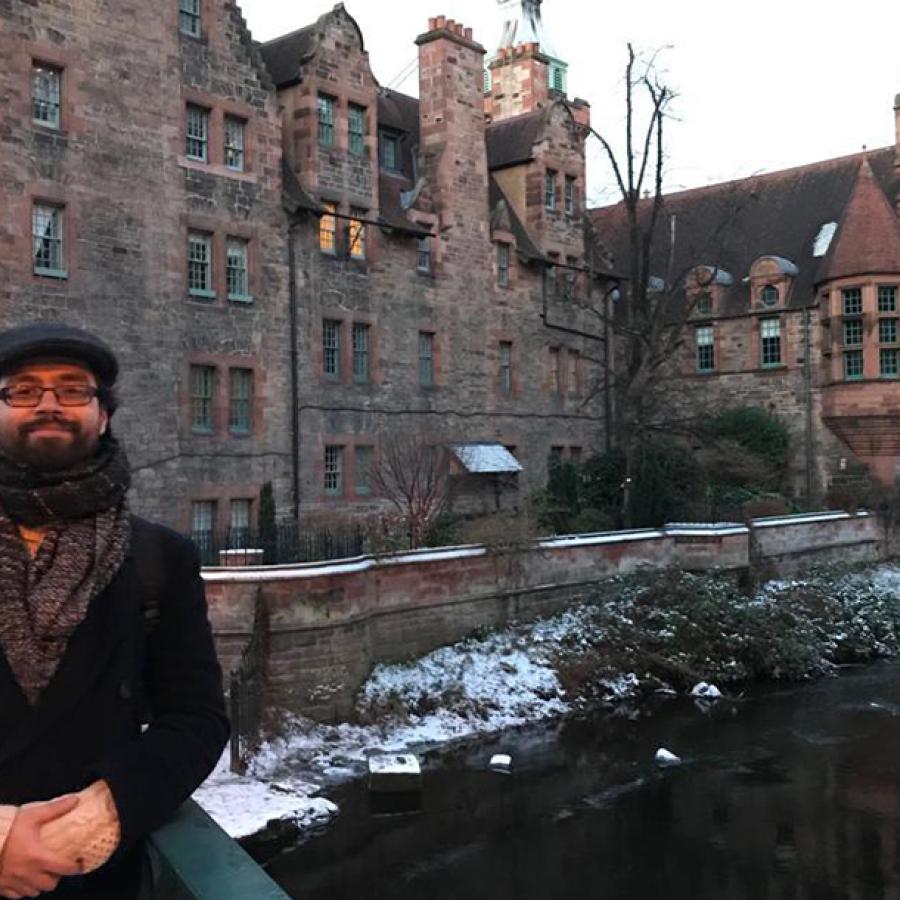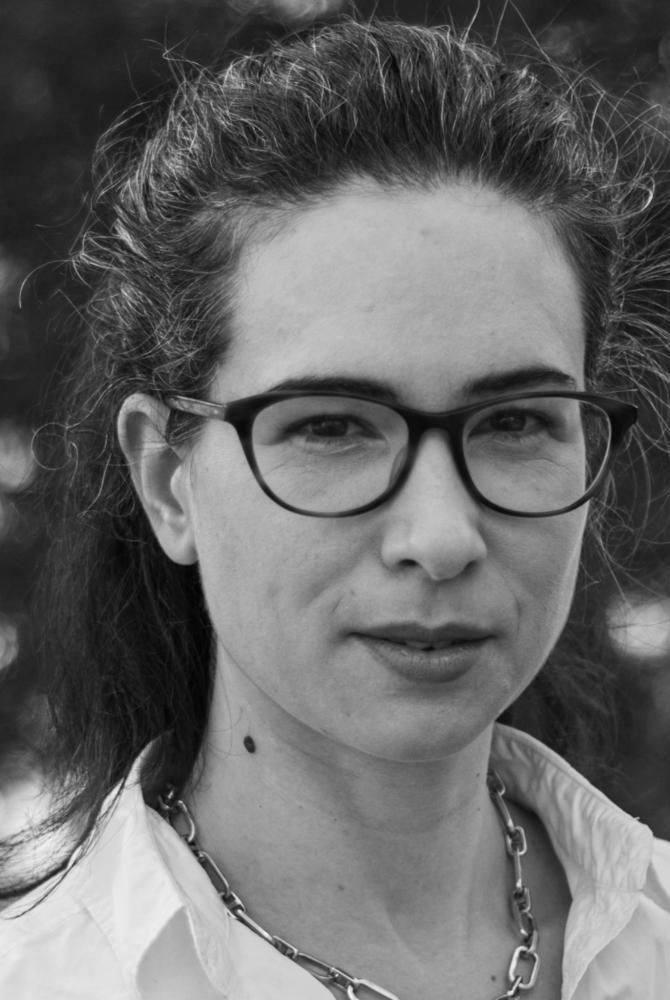My time at ECA
As a PhD researcher, I spent most of my time at ECA working on my project, but also benefited from additional training and support. I completed two academic courses that gave me a strong grounding in architectural history: ‘Histories and Theories of Architecture’ and ‘Methods and Paradigms of Research’. The Institute for Academic Development is a great resource: through them I received training in project management, writing, public speaking and teaching.
My supervisors and others within ESALA supported my research development by (among other things) commenting on early drafts of a chapter that became my first journal article. I was given space to develop my own ideas, and clear guidance on the standards expected and how to develop myself as a scholar.
I was a course tutor on first and second year architectural history courses, which was a thoroughly rewarding opportunity to engage with students from across different disciplines. I received excellent support in this from course organisers and fellow tutors.
Regular research seminars gave me the chance to see leading scholars in architectural history and theory test their ideas. Edinburgh is such a large university that you can find an interesting event almost every day if you have the time: I especially enjoyed attending the Nineteenth Century Research Seminars, the Centre for Global History Seminars, and the Edinburgh Environmental Humanities Network Reading Group. The ECA research office ran very useful information sessions on funding sources and applications, providing a vital insight into how scholars fund their research.
ESALA has a prestigious visiting fellows scheme that brings in scholars from across the world to discuss their work and that of ESALA PhD researchers; in my time at ECA fellows included Philip Goad (University of Melbourne), Niall Atkinson (University of Chicago) and Kathleen James-Chakraborty (University College Dublin). This exposure to different ideas and approaches was a vital part of my development, and was more important than I had anticipated before joining ECA. I was also able to attend job talks given by applicants for academic positions, which gave a very useful insight into what is expected from early career academics.
My experience since graduating
Near the end of my PhD, I began applying for things that could come next, and was lucky enough to win a Leverhulme Trust Study Abroad Studentship to support a postdoctoral position at the University of Antwerp. This meant that I was able to begin a new research project almost immediately after my PhD viva, which made for quite an intense time but was also really exciting. The fact that all this happened in 2020, with the coronavirus pandemic unfolding around me, made for an incredibly difficult and stressful year, but I have been fortunate to have the support of my partner, family and friends.
I entered the PhD hoping to gain the skills and experience needed for the academic job market. I think at that time I tended to be over ambitious in the quantity of research and writing I thought I could complete; one of the things that I hope I have learned over the last few years is that the quality of work is the thing to focus on (for me anyway). Like most people on the academic job market, I am not sure what the future holds, but I do know that wherever I go I’ll be using skills I learnt or improved during my time at ECA.
My advice to new and current students
For someone starting in September:
PhD projects do not progress in a linear way but move forward in surges and ebbs that can feel as if you are going backwards while all around you move ahead. Do not compare the details of your path to completion to other people’s: you will have different needs from them, and though the destination is the same your routes may be very different.
For someone graduating this year:
Remember that you have now proven your intellectual capabilities at the highest assessed level there is, you can remember more than most will ever know about your field. Hold onto that and use your skills to make a difference in the world.





